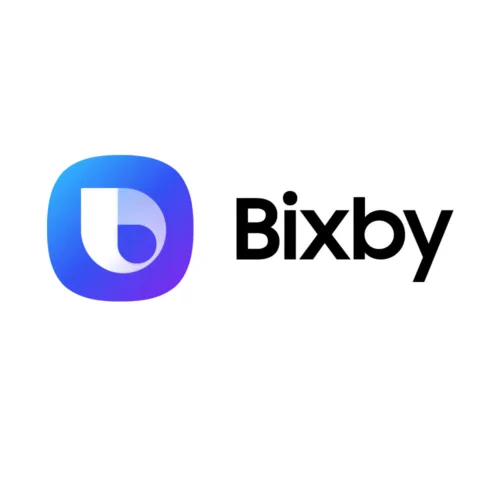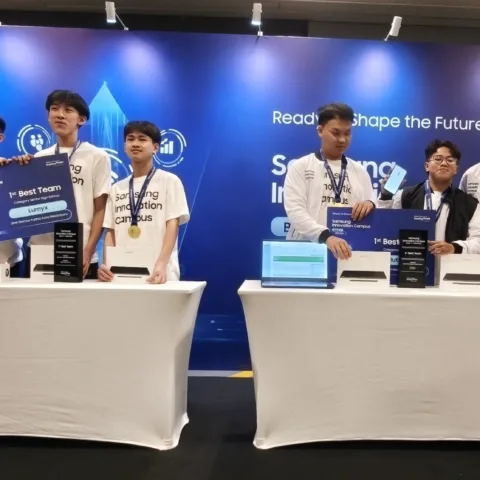Fiserv is one of the world biggest financial technology (fintech) service provider that currently looking to expand its business in Indonesia. We had a chance to speak with Sunil Sachdev, Fiserv’s Managing Director for International Payments Group, and Andrew Parker, Fiserv’s Sales Director for Digital Channels in Asia Pacific, about mobile money condition in Indonesia and what is the challenge that needs to be overcame.
First of all, Sachdev told DailySocial that Fiserv is a 30 years old company with around $5 billion of revenue and over 700 (tech) banking products. Having tons of experience helping financial institution in developed market, it’s logical that Fiserv is eyeing a move in Asia Pacific, with Indonesia as one of the important market. Parker said they currently in the middle of implementing large digital banking implementation with a large bank in Indonesia that hopefully will be launched on second quarter this year.
As for current Indonesian clients, Parker said, “Currently we have about five clients, ranging from running our core bank account services through to a digital banking product. All of them are financial institutions.”
Challenge for mobile money
Regarding the challenge for mobile payment and mobile money in Indonesia, Sachdev stated, “We have the privilege to meet with financial institutions and local regulators here in Indonesia. One of the challenge that they express to us is the fact that while there is lot of activities in mobile payment side, in financial inclusion side, one of the biggest pinpoint in interoperability. So there are multiple systems that are in place to support variety of use cases but unfortunately that they don’t talk to each other.”
“And I think from government perspective, what they are looking to do is to create a comprehensive platform that can unify a lot of these standards and standalone ecosystem, and bring together more powerful value proposition. Not only for unbanked and underbanked, but also up the chain as well,” he added.
Parker focused more on large unbanked population in Indonesia. He said, “The ability now to reach down to bottom of the pyramid and be able to offer them solution to manage their finance digitally is gonna be really important to the growth and prosperity of Indonesia as a country.”
Moreover he added, “In Indonesia it has been relatively slow to reach the tipping point (of mainstream economy). I think 2015 is gonna be major tipping point for lots of activities. Now that you’re starting to see collaboration between the telcos and the financial institutions and I guess most importantly I see support from Indonesian government. Without central government support, it’s gonna go nowhere. To opportunity is so big, that no one party is gonna win this.”
Bank-led vs telco-led to drive mobile money
While the best practice to drive mobile money is supposed to be bank-led, given the situation in Indonesia that telecom subscribers are much bigger that banking customers (telco-led), Sachdev offered his perspective, “I think it’s interesting point to debate, because our experience globally we worked in developed and developing market. We worked where financial infrastructure has been very sophisticated and (in contrary) very nascent. So both cases what we’ve seen effectively for mobile money to take off you need the partnership between financial institutions and telcos, because in most cases the distribution power that telcos have is unrivaled in any type of market.”
“But ultimately when it comes down to KYC (Know Your Customer), regulations, and anti-money laundering, financial institutions and government are very very nervous about how money move through the individual economies. They want to understand how many is coming in and moving out. To do that they primarily put that burden to financial institutions. They regulate it for that reason,” he added.
About telco’s role, Sachdev said, “When we talked about telcos coming in, yes there’s always this kind of noise about who owns the customer. That’s one aspect that’s need to be taken care of. But fundamentally is the right type of safe guards and regulations need to be in place to ensure appropriate transparency for both regulators and financial institutions and security for consumers.”
“Telcos, that’s not their business. Their business is fundamentally different. The telco that’s actually has been very successful in offering financial services you’ll see over the time they actually has been licensed and regulated by the local government. When we talk about the foster child, like Safaricom’s M-PESA, Safaricom is not doing it themselves. They are working with local Kenyan banks to support them,” he stated.
Sachdev concluded, “Ultimately, I think it’s not a function of telco-led or bank-led. As long as you have these burdens, these regulatory burdens, and with government needs to understand how money is moving in their individual economies, and there’s transparency and regulations to that, the financial institutions should be the one that is safe guarding that money and channeling it through all different channels. Who’s going to be put on the hook if something goes wrong? From our perspective it’s the financial institutions.”
How local banks reach unbanked market
In Indonesia’s micro perspective, Parker valued how local banks start to reach these unbanked market. He said, “You now see with Mandiri, CIMB Niaga, a number of the local banks are putting out a different e-money solution to be able to attract customers. Some of them are on their own, some of them are doing partnership with telcos. I think you’ll see all of financial institutions look at how do they solve, how do they serve these customer base. Our view is to make sure you put technology solution in place that can serve both banked and unbanked. Because as a customer becomes on a journey, they are going maybe start of with mobile wallet, and then transition into core bank account.”
“So, there is great opportunity. I think bank is just starting to explore how they can really make this work and how to profitably reach large segment of community, (with) not necessarily dilute your traditional business. It’s gonna be interesting time over a couple of years,” Parker concluded.












